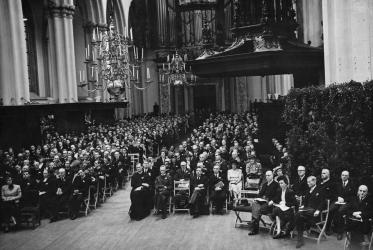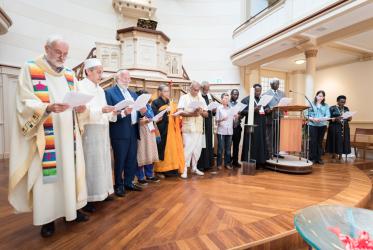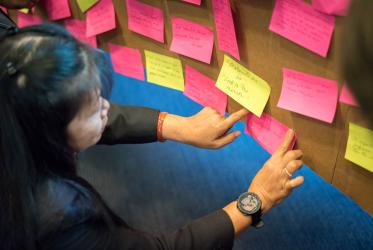Displaying 1 - 10 of 10
Working toward an AIDS-free generation
26 July 2018
Building bridges of faith in the HIV response
25 July 2018
Building Bridges in the global HIV response
25 July 2018
“European solidarity must be strengthened”
29 October 2015
Churches to be more inclusive of persons with disabilities
16 October 2014






